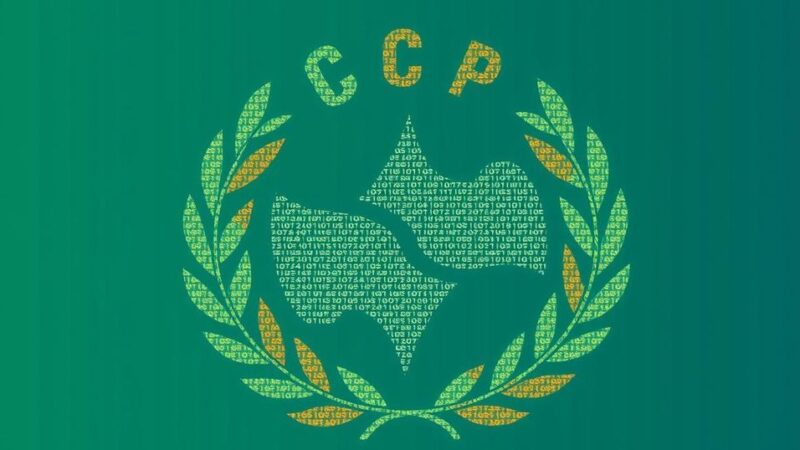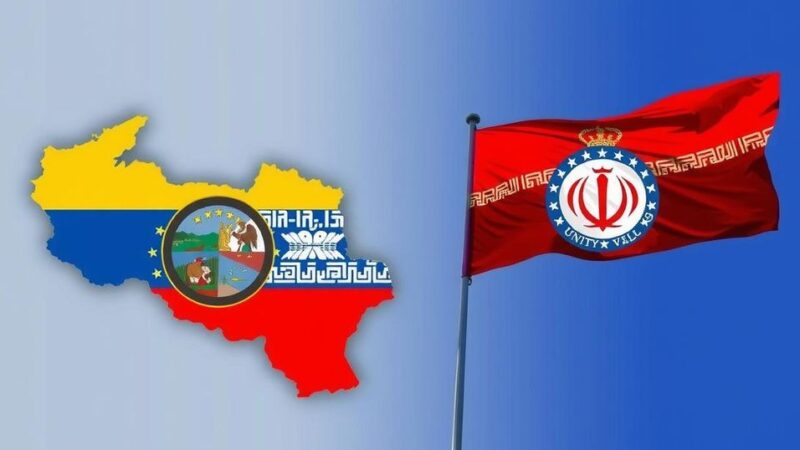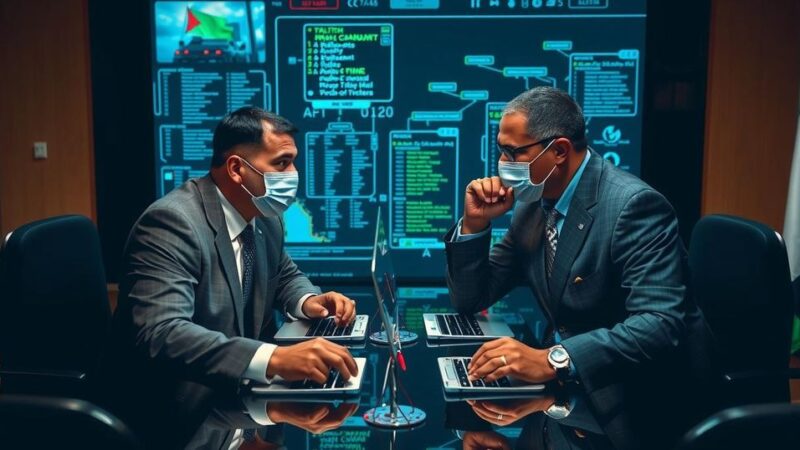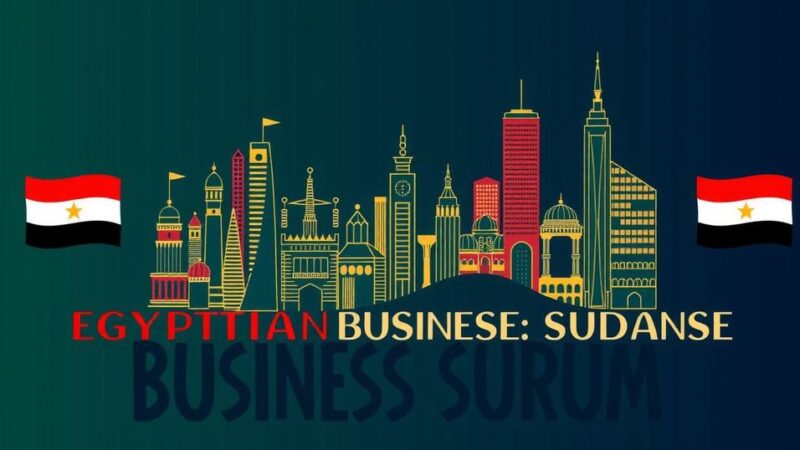In a recent Carnegie Connects episode, Lebanon’s Foreign Minister Abdallah BouHabib voiced concerns over President Biden’s remarks at the UN and outlined the Lebanese public’s desire for peace. BouHabib described the somber mood in Lebanon, the challenges posed by Hezbollah, and the complex geopolitical landscape influenced by both local and international actors. He emphasized the necessity for U.S. involvement in negotiations to achieve stability and resolve ongoing conflicts with Israel.
In a recent episode of Carnegie Connects, Aaron David Miller engaged in a dialogue with Abdallah BouHabib, Lebanon’s Minister of Foreign Affairs, concerning the dire situation in Lebanon and the prospective roles of the United States and other nations. Recorded on Tuesday evening, their discussion unfolded amidst various geopolitical tensions affecting Lebanon. Minister BouHabib expressed his disappointment regarding President Biden’s remarks at the UN General Assembly, asserting that the president’s comments lacked strength and did little to address the ongoing issues in Lebanon. He articulated a profound sentiment shared by many Lebanese, yearning for a peaceful existence devoid of warfare, highlighting a poll indicating that 90% of Lebanese citizens desire peace. BouHabib conveyed the pervasive atmosphere of depression prevailing in Lebanon, exacerbated by the recent escalation of conflicts. He lamented that the Lebanese populace is weary from years of war, having endured fifteen years previously and now finding themselves faced with increasing violence once more. He emphasized, “We’d like to live without war—happily, as a tourist country, a beautiful country, good food—and we are not able to do it.” Discussing Hezbollah’s role, BouHabib identified it as a complex entity viewed by various factions differently, as a legitimate resistance owing to Israel’s occupation of parts of Lebanon. He pointed out the difficulty in managing this duality of Hezbollah as both a political party and a military organization, stating, “Whenever you have occupation, the resistance becomes legitimate.” He underscored the necessity for a diplomatic resolution concerning territorial disputes with Israel, expressing hope for U.S. intervention to facilitate such negotiations. After years of relatively stable borders, current hostilities have rekindled concern regarding Hezbollah’s actions and their implications for Lebanese sovereignty. Minister BouHabib suggested that potential resolutions lie in negotiating a land deal with Israel, which, if successful, could diminish Hezbollah’s standing as a resistance organization and shift focus towards internal governance. BouHabib delineated the necessity for a concurrently established ceasefire in Gaza and Lebanon to initiate any constructive dialogue. He expressed cautious optimism regarding future discussions with U.S. officials, emphasizing, “Only the United States is equipped to know both sides of the border.” Ultimately, both Miller and BouHabib highlighted the complex interplay between Iranian influences and the regional tensions, with BouHabib asserting that Iran is averse to an expanded conflict and prefers dialogue over warfare, thereby hinting at the potential for a diplomatic solution.
The conversation between Aaron David Miller and Lebanese Foreign Minister Abdallah BouHabib sheds light on the multifaceted challenges Lebanon faces today, particularly in the context of ongoing regional conflicts and the historical backdrop of warfare that has shaped the nation. The dialogue takes place against the backdrop of heightened tensions following military escalations between Israel and Hezbollah, alongside the broader impact of the Israeli-Palestinian conflict. This context underscores the pressing need for diplomatic resolutions and the critical role the United States can play in fostering peace in the region. BouHabib’s reflections reveal the Lebanese public’s desire for stability and a return to normalcy, underscoring the long-standing aspirations of a people caught in cycles of conflict.
The discussion between Aaron David Miller and Abdallah BouHabib reveals critical insights into the current state of Lebanon amidst escalating tensions. The Lebanese people’s overwhelming desire for peace contrasts sharply with their political and humanitarian struggles. BouHabib’s hope for a U.S.-led diplomatic engagement highlights the complexities of Lebanon’s sovereignty issues and the potential for resolution through negotiations with Israel. His remarks suggest that meaningful progress may be contingent upon collaborative efforts from international stakeholders, including the United States, to foster a lasting peace amidst regional conflicts.
Original Source: carnegieendowment.org






